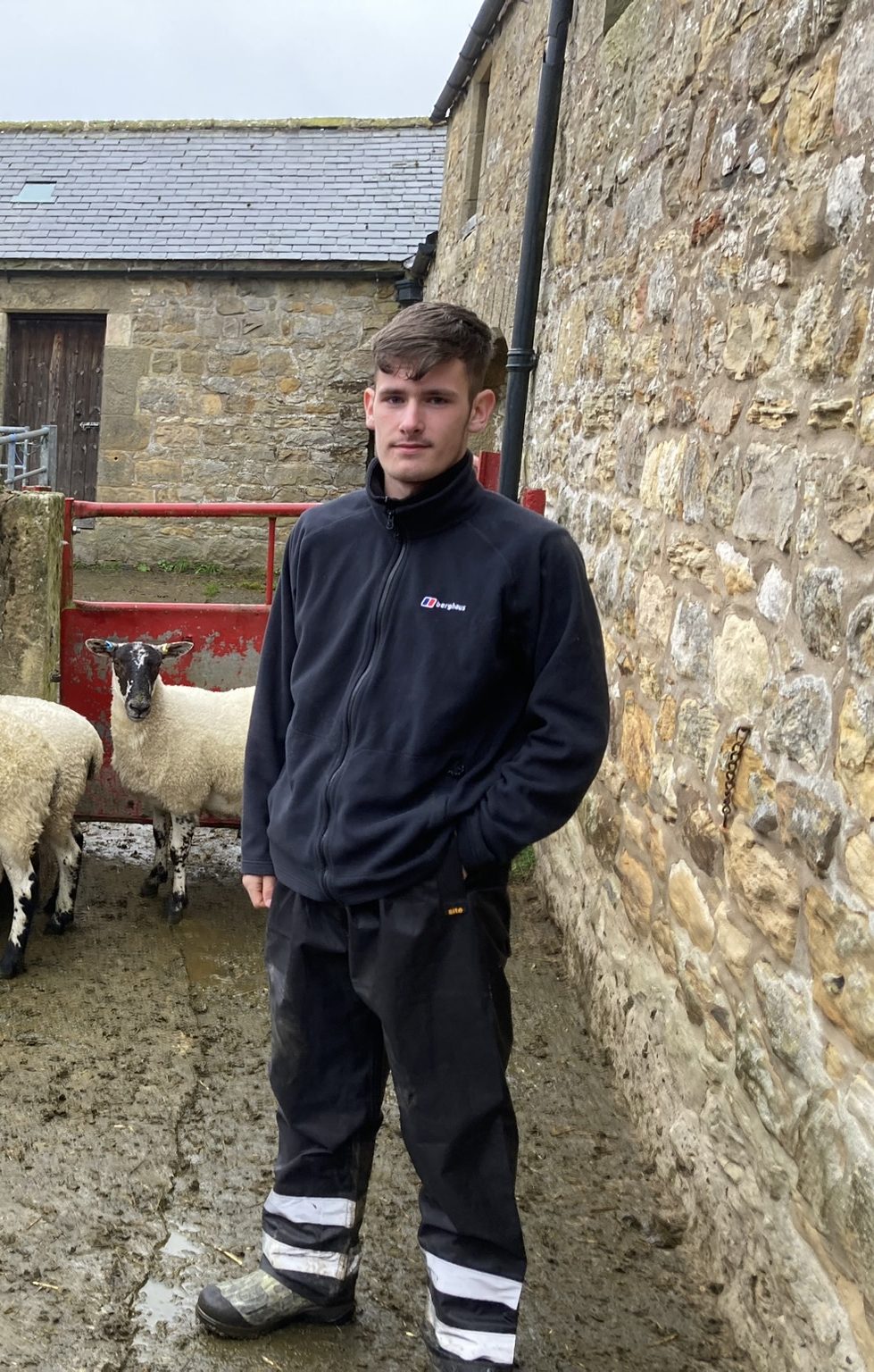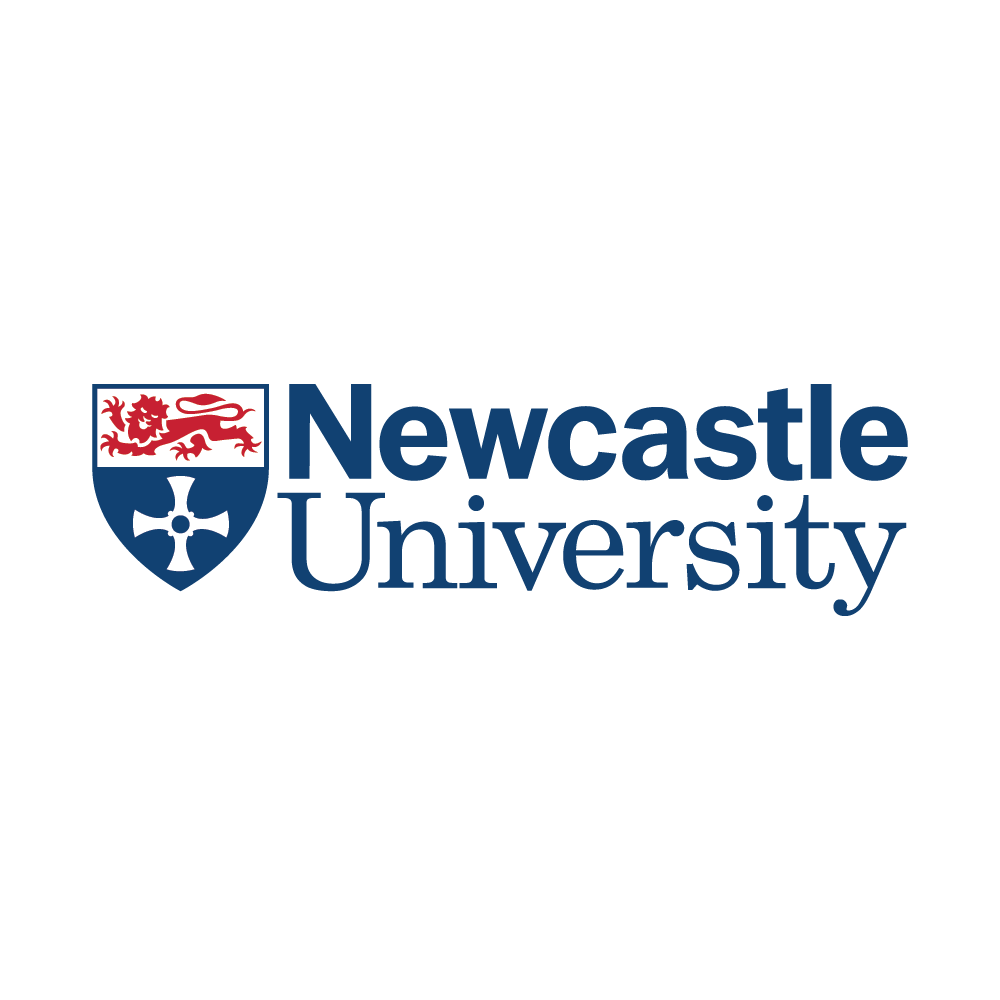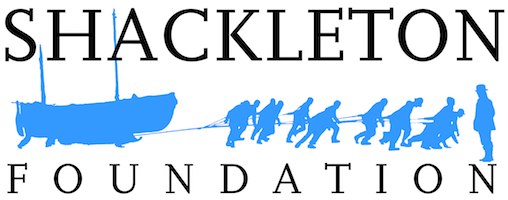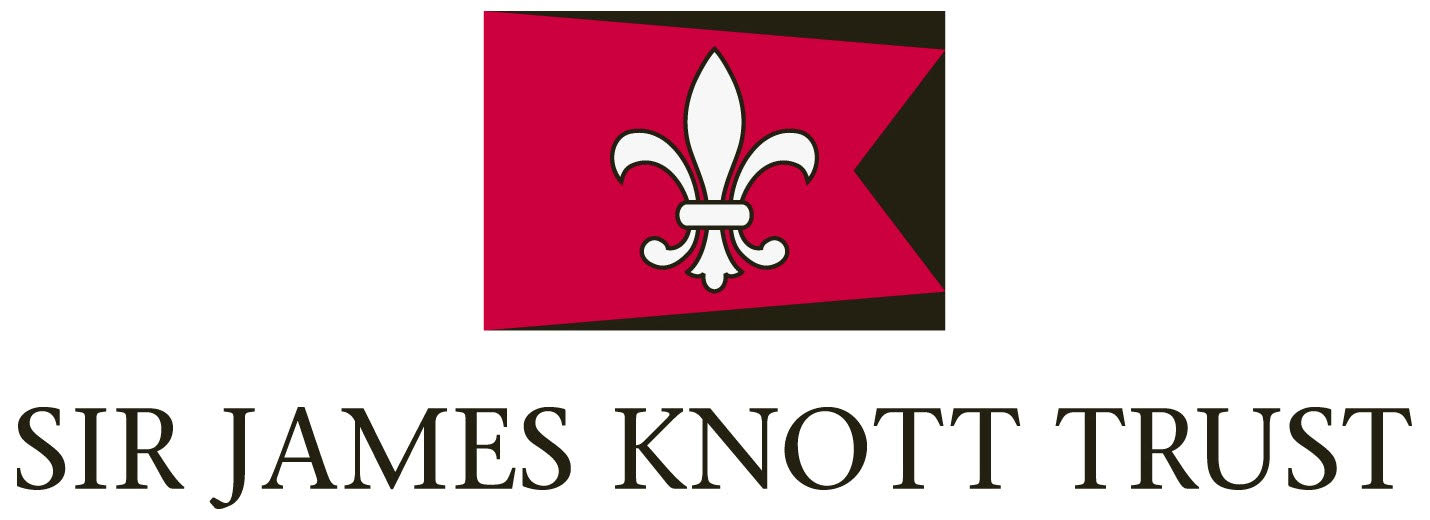Case Study
In 2024 we developed a project called Aspire working with a small group of young people from a local high school.
Arrival
Group meeting/reflection | Create a sense of belonging and shared achievement while sharing future goals and aspirations.
Seasonal activities – Sheep work, conservation, etc | Support young people in small groups and 1:1
Lunchtime
Shared lunch with space for building community and sharing experiences to develop communities.
Forest school activity or challenge project | Young people led activities to create a space for leadership, creativity, and innovation
Final reflection and depart
A time to reflect on what went well and what they have achieved as a group and individually while also allowing time to reflect on future sessions.
“Amazing experience at the Solidarity Farm…the students who have been attending could not speak highly enough. We are getting the same feedback from school staff as well”
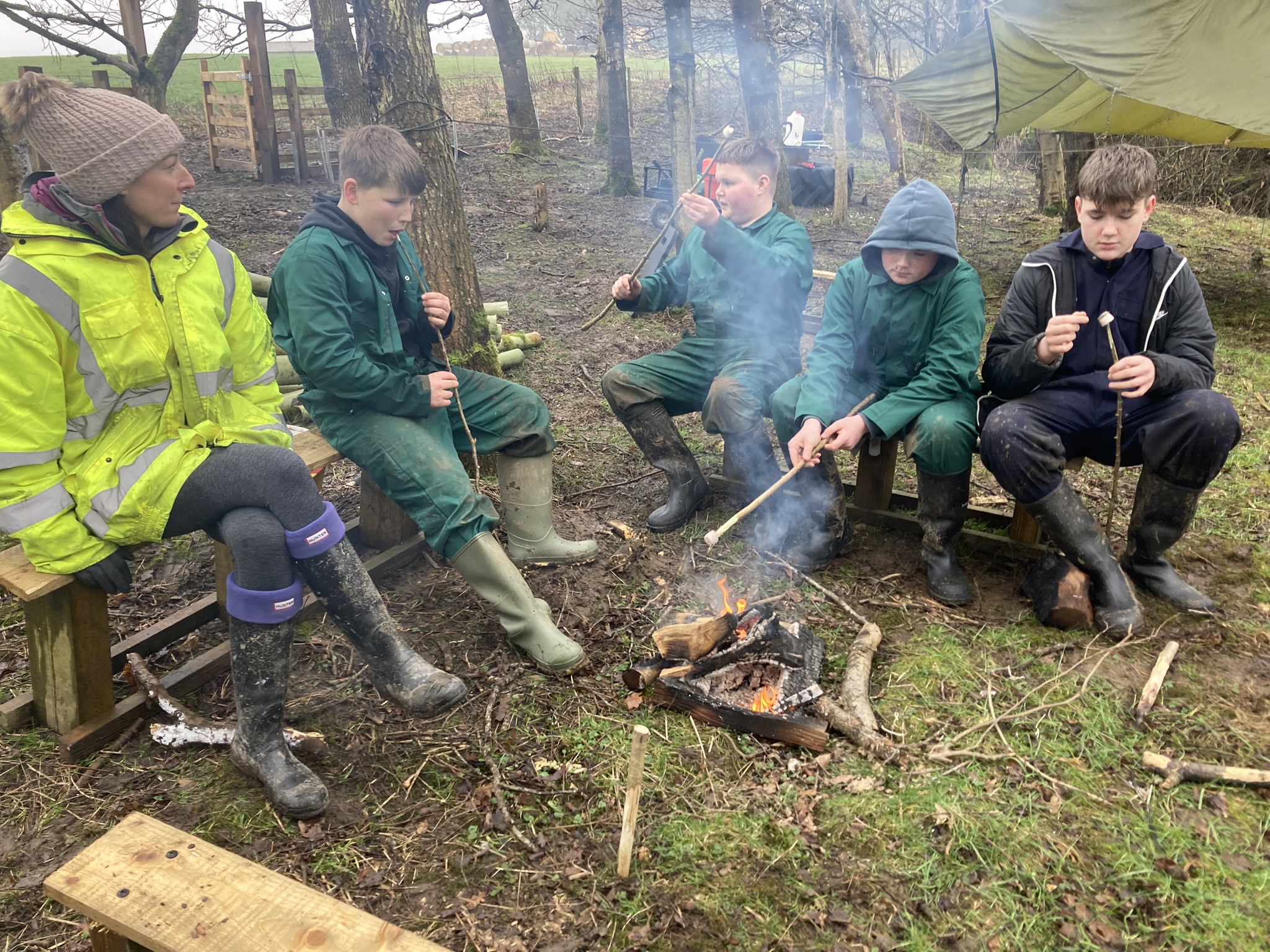
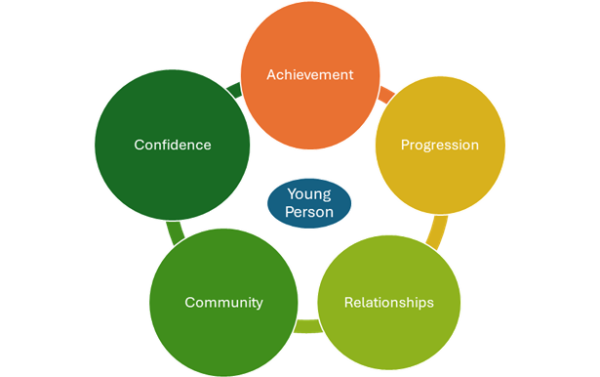

Case Study
One to one alternative provision
1:1 Provision
1:1 provision to support young people (YP) with a history of disengagement from traditional schooling, YP join a 1:1 skills-based learning program at Solidarity Farm. The program is designed to support YP growth in both practical skills and social-emotional learning, using the AQA Unit Award Scheme to provide structured achievements in areas like teamwork, environmental awareness, and basic farming tasks.
Program Goals:
- Skill Development: Equip YP with practical skills in gardening, animal care, and farm maintenance.
- Social-Emotional Growth: Build YP confidence, resilience, and ability to communicate effectively.
- Formal Recognition: Help YP earn AQA Unit Awards to validate progress and encourage self-efficacy.
Learning Approach:
The farm program combined hands-on, individualized learning with a focus on social-emotional growth. Each AQA Unit Award allows YP to progress at their own pace, with supportive mentoring to reinforce both skills and social learning.
- Practical Skill Units:
- Animal Care: By learning to feed and handle animals safely, YP develop patience and responsibility, overcoming initial hesitations around animal interactions.
- Social-Emotional Learning (SEL):
- Through 1:1 mentoring, YP engage in regular reflections on their experiences, celebrating small wins and setting personal goals.
- Working alongside a mentor, YP practice expressing their thoughts and managing minor setbacks, which built resilience and adaptability over time.
- Building Teamwork Skills:
- YP participate in small group activities, such as tree planting and animal care projects, using communication skills practiced in their mentoring sessions.
- With guidance, YP begin contributing ideas, feeling valued, and recognizing their role within a team.
Outcomes:
- Practical Skills: AQA Unit Awards, including units in conservation, farm safety, and animal care.
- Improved Confidence: With each new skill, confidence grows, showing more initiative and enthusiasm toward tasks.
- Enhanced Social Skills: By the program’s end, YP are more comfortable in group settings, communicating openly, and demonstrated resilience in managing challenges.
Conclusion:
Solidarity Farm’s 1:1 program, through AQA Unit Awards and SEL support, provide YP with both practical achievements and crucial social-emotional development. By blending hands-on learning with mentoring, YP gain the skills, confidence, and social abilities to support future educational and personal goals.
